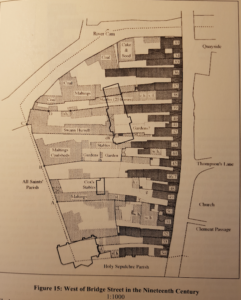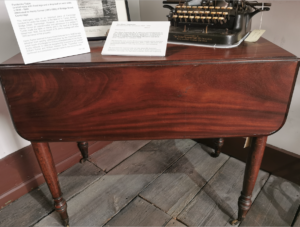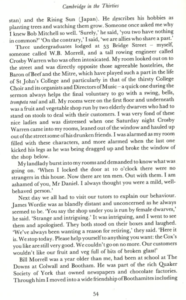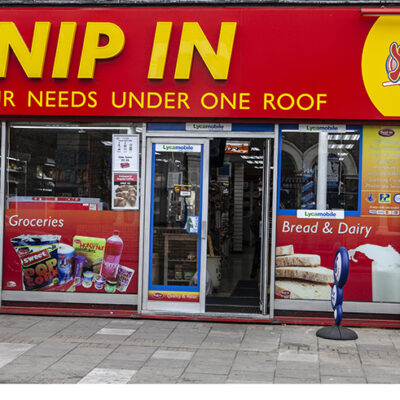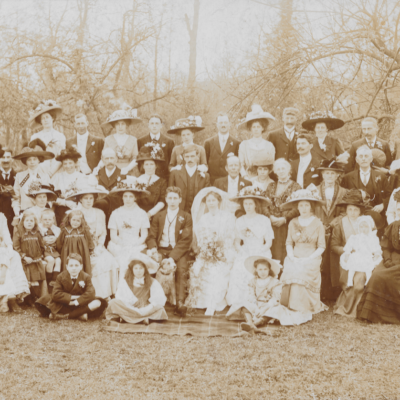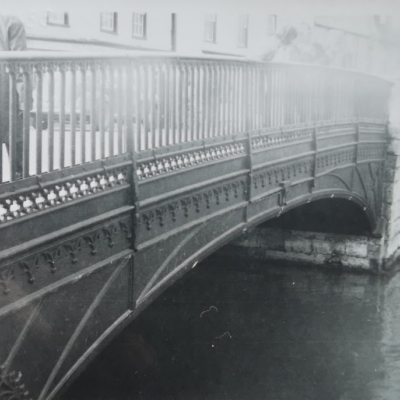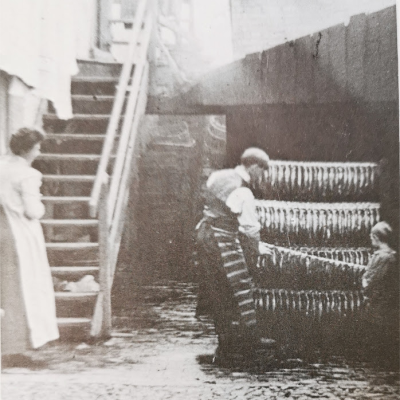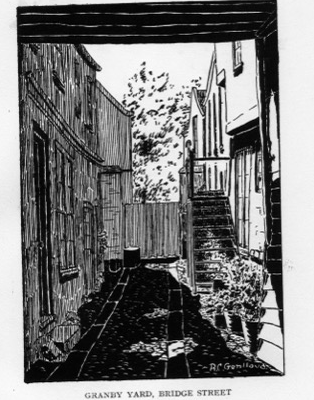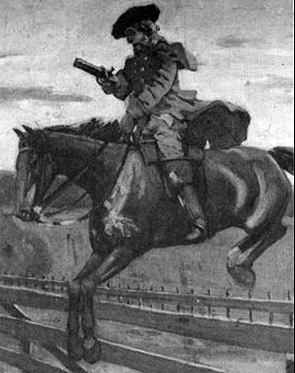Search by topic
- archaeology
- architecture
- bricklayer
- Building of Local Interest
- carpenter
- church
- crime
- dressmaker
- fire
- Great Eastern Railway
- listed building
- medieval
- oral history
- Public House
- Rattee & Kett
- Religious House
- Roman
- scholar
- school
- Then and Now
- tudor
- women
- work
- world war one
- world war two
Search by text
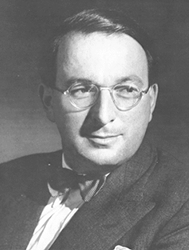 Glyn Daniel
Glyn Daniel53 Bridge Street
History of 53 Bridge Street
1836
Henry Turner (1803-1882) was a cabinet maker and upholsterer. he lived at 53 Bridge Street from 1836, first as tenant of St John’s College then from 1843 as owner of the property.
In 1838 he was debarred from serving undergraduates by the Vice-Chancellor and 8 heads of Colleges for inviting undergraduates to his house to play billiards. In 1844 he assigned the business to his brother William Turner and William Haddon Smith. Thereafter Turner continued as a peripatetic cabinet maker to the end of his life.
The table at the Museum of Cambridge has the label of H Turner, Broker, Bridge Street. It is not clear if Turner made the table or just sold it. It is a Pembroke table with fixed legs and a drop leaf on either side c. 1836-44.
1840
Henry Turner is on the electoral register as a cabinet maker in Bridge Street. he does not appear on any census at this address but in the 1861 census is living at 14 Church (Christchurch) Street.
1861
Job Gautrey, 44, grocer, b Cottenham
1881
Henry J Blunden, 36, commercial clerk, b Essex
1911
Alfred Cox, 63, cabinet maker, b Cambridge
Hannah, 58, b Grantchester
Clara Constable, servant, 23, b Toft
1913
Frank Andrew, fruiterer
Alfred Cox
1932
Glyn Daniel the archaeologist came to 53 Bridge Street in October 1932. He had a room with landlady Mrs. Hayes on the second floor. The students W.B. Morrell and Crosby Warren had a room. Daniel’s room faced Baron of Beef and the Mitre.
Downstairs was a fruit and vegetable shop, served by two older little women (names not mentioned). A small accident was reason to close the store and retire.
During the Second World War, Daniel applied his talents at interpreting archaeological sites through aerial photography by working for the RAF’s air photo reconnaissance unit at RAF Medmenham. He examined and analysed photos of enemy territory. In 1942 Daniel was sent to India to lead the Central Photographic Interpretation Section in Delhi, a mini-Medmenham for the South-East Asian theatre, ultimately achieving the rank of wing commander. A year after the war Daniel married one of his WAAF officers, Ruth Langhorne.(Wikipedia)
The extract below is from the memoirs of Glyn Daniel, Some Small Harvest, pub. Thames and Hudson, chapter three, Cambridge in the Thirties.
Contribute
Do you have any information about the people or places in this article? If so, then please let us know using the Contact page or by emailing capturingcambridge@
License
This work is licensed under CC BY-NC-SA 4.0








